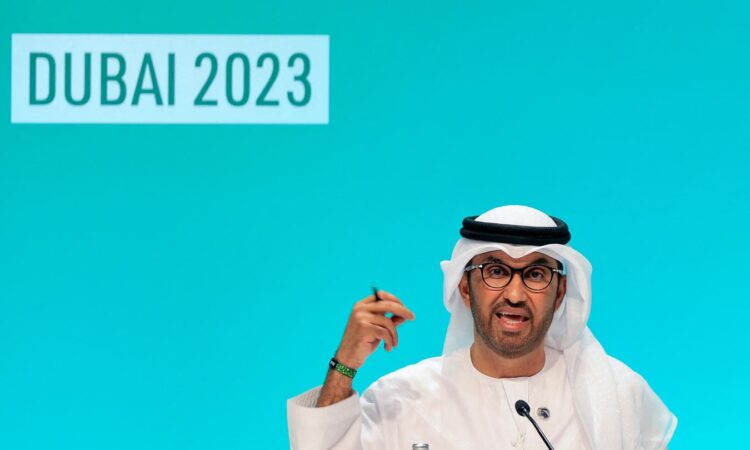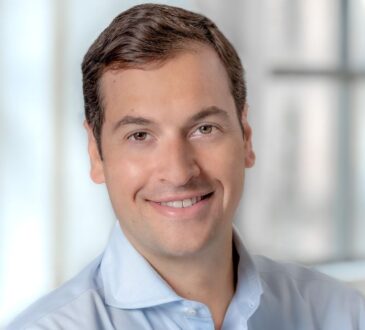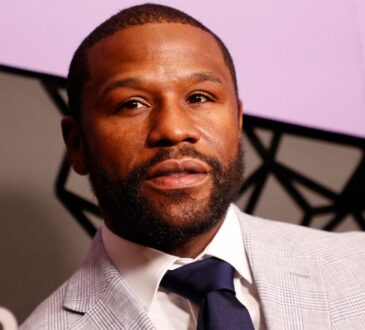
One of the top announcements of COP28 was the creation of an anticipated $250 billion fund to help finance climate initiatives. As a sign of good faith, and in what some believed to be an effort to offset a negative perception in the lead up to COP28, the UAEUAE announced they would invest $30 billion. While some may naturally associate the fund as a contribution towards the fight against climate change, the reality is the fund is an investment tool with a primary purpose of profits for the investors.
The 2023 United Nations Climate Change Summit occurred in Dubai, United Arab Emirates from November 30 – December 12. COP28 was notable for being the first global stocktake, or five-year assessment of the effectiveness of the Paris Agreement. While covering a range of issues, a major focus of the summit was intended to be climate finance, or the funding of climate change initiatives.
However, even before it began, COP28 faced extreme criticism from within the climate change movement for perceived conflicts of interest. Sultan Al Jaber, who served as president of COP28, is also chief executive of the Abu Dhabi National Oil Company (Adnoc). Climate activist Greta Thunberg refused to attend out of protest, citing greenwashing, or the exaggeration of environmentally friendly actions. President Joe Biden opted to not attend, for unspecified reasons.
In what was believed to be an effort to curb criticism, days before the beginning of the summit, President Al Jaber announced a new climate fund that would include a $30 billion investment by the UAE. The fund’s long-term goal is to attract $250 billion in investments by 2030. The announcement was met with praise, and considered a sign that the UAE was committed to climate change initiatives. Almost $62 billion in finance investments were raised during COP28, although it is not clear how much of that went to the new fund.
A fallacy in discussing an investment by a government into an initiative is to assume it is an expenditure. Political leaders frequently conflate the term by saying they are investing in an outcome. For example, in November 2023, President Biden announced “$16.4 billion for passenger rail projects from his Bipartisan Infrastructure Law, which makes the largest investment in passenger rail since the creation of Amtrak.” That investment came in the form of grants that, while they have obligations attached, are not intended to be repaid.
However, governments also make traditional investments, where the focus is on financial returns. As a government collects revenues throughout the year, there is often a delay between the time collected and the need to spend it. Governments also manage their employees’ pensions and other funds that are not immediately needed. Money that is earmarked for a particular expenditure does not sit idly in the government’s checking account, rather it is invested, sometimes on a daily basis, into funds that can offer financial returns. The management of those funds usually follows traditional fiduciary duty, where the focus is on maximizing returns. That standard varies by jurisdiction and is influenced by the politics of the region.
The promised UAE climate investment falls into the later category where the focus is on profit. The investment fund, called Alterra, will be managed by Lunate. The fund will be invested in various existing environmental, social, and governance funds, including $2 billion to BlackRockBLK, the world’s largest fund manager with over $9 trillion in assets.
BlackRock is no stranger to the ESG and climate fund debate. In Florida, Governor Ron DeSantis, along with Chief Financial Officer Jimmy Patronis, divested the state’s investments from ESG funds, including $2 billion managed by BlackRock. BlackRock’s CEO Larry Fink was a major advocate of ESG, and a target of the anti-ESG movement. Fink later admitted that the divestment by Florida harmed the company. Fink went on to state he will no longer be using the term ESG, as it had become too political, opting instead for terms like stakeholder capitalism, sustainable investing, or climate investing. The Alterra investment effectively offsets the losses inflicted by DeSantis.
The investment by Alterra into BlackRock is also notable as it will fall under recent Securities and Exchange Commission regulations relating to ESG funds. In an effort to regulate greenwashing and climate washing, the SEC’s new rule requires ESG funds’ investments to 80% align with their stated goal. However, environmentally friendly investments traditionally underperform, requiring investment in higher performing industries, including fossil fuels, that run afoul of the intent of the investor.
Ultimately, it is unclear how Alterra will invest in the long-term, and how effective the investment will be to the larger climate change movement. As the cost of climate change initiatives continue to rise, there will be an inherent conflict over how funds will be spent. There will be a demand for for-profit investments, whether those investments are judged by climate change leaders and activists to be altruistic or another form of greenwashing is yet to be determined.
Follow me on Twitter or LinkedIn. Check out my website or some of my other work here.




